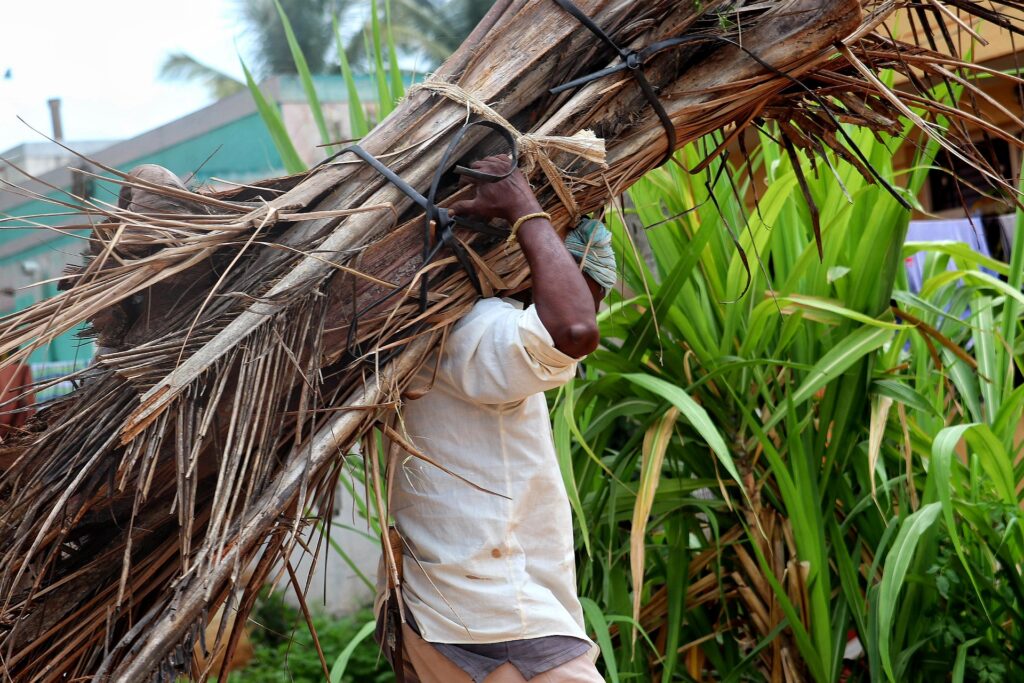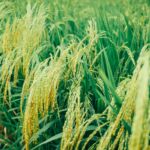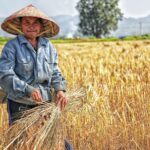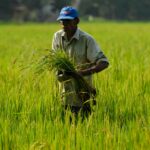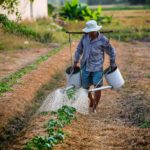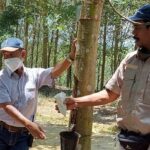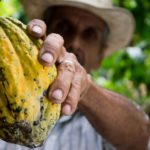In this article, Ksapa considers the conditions for reuniting smallholders’ with a sense of their own food sovereignty. What are the underpinning political choices? What can be done about it? Just what does that entails in the current context?
At the UN General Assembly in December 2018, a resolution was unanimously adopted on the rights of peasants and other workers in rural areas. For the first time ever, the organization defended a political vision of food and agricultural production. The declaration indeed centered around food sovereignty and securing smallholders’ free will on their farms.
As a concept, food sovereignty has been defended since 1996 by Via Campesina. Agricultural challenges are no longer just technical but also political, in countries both in the North and in the South. In this article, Ksapa delves into conditions for ensuring smallholders’ and States’ food sovereignty. Here, we consider how to restore a fair and remunerative agriculture for smallholders.
Redesigning the Conditions For Food Sovereignty
Before anything else, one must take a few steps back and ponder the concept at hand. Food sovereignty entails “the right of peoples to healthy and culturally appropriate food produced with sustainable methods and the right of peoples to define their own agricultural and food systems” (World Food Summit, 1996). It follows food sovereignty is a right, not a state.
Through the notion of free will, food sovereignty is initially characterized at the individual level. This would allow smallholders to choose their specific production system on their particular farm. The question then becomes about striking a fair balance between food crops and/or export crops. In that equation, smallholders weigh in their time, labor, capital and market access, in an effort to optimize their production as part of a well-defined logic.
That said, food sovereignty can also be applied at the national level. Such is notably the case when a country decides to orient its agricultural and food policies to promote agricultural imports. The alternative is to develop domestic agricultural sectors.
In practice, these two declinations are consubstantial. Indeed, throughout the world, smallholders are the principal producers of raw materials. At the same time, prices offered locally are not nearly remunerative enough. Smallholders are at risk of losing money by selling their products on markets or to local intermediaries. They are also indebted at usurious rates to these same intermediaries. Indeed the latter control smallholders’ access to the necessary seed and plant protection agents. Meanwhile they do not necessarily get any insurance selling their crops will at the very least cover their production costs.
Food Sovereignty: a Highly Political Choice
This well-documented phenomenon harks back to openly political choices. Governments historically relied on massive imports of food surpluses. Northern countries indeed sold off outdated or of low quality food, rather than encouraging the emergence of local agricultural sectors. It is therefore up to politicians to enable smallholders to earn a sound livelihood for their work.
Unfortunately, many in Southern countries neither have the means nor the desire to pursue a policy supportive of smallholders. This could for instance take the form of training program or favorable pricing policies. The root cause lies in the influence of lobbies, on top of certain leaders’ appetite for bribes. Despite their short-termism, these policies tend to maintain a relative sense of social peace. One will however recall the hunger riots linked to the global food crisis in 2008. In the end, governments often leave smallholders to their own devices or with very little supervision as to prioritizing and implementing remunerative agricultural sectors.
Though much-needed, food sovereignty appears difficult to achieve. Understanding these options is of the utmost importance, as it is the only way today to ensure food security for local populations. The challenge is indeed to achieve a state where “all people, at all times, have economic, social and physical access to sufficient, safe and nutritious food that meets their nutritional needs to enable them to lead an active and healthy life” (World Food Summit, 1996).
Regaining Trust: Ksapa’s Action Alongside Smallholders
Given this alarming observation, Ksapa committed to support each smallholder. We aim help them transition from a state of systemic vulnerability to full food sovereignty. Our team is indeed convinced of the urgency of strengthening smallholders’ knowledge and skills base moving forward. On top of securing their access to a fair and remunerative market, training is the best way to (re)gain trust. In other words, we seek to restore the free will of communities, so that they make a decent living from their traditional agricultural activities.
This approach is only possible by working with every player in the agricultural value chain. Working with local partners, Ksapa therefore aims to rekindle a win-win dialog. On the one hand, we reach out to industrialists who often struggle to secure a direct and regular supply of quality products. On the other, we also engage smallholders who do not enjoy direct access to markets or a sound understanding of the quality criteria that determine market prices.
A majority this value creation ends up hijacked by more or less legitimate intermediaries. While some play an actual economic role through one-off loans, transport and packaging, for instance, others are content to simply exert their monopoly. The challenge therefore lies in opening up smallholders’ access to quality information, the absence of which can hamper even the most dynamic of sectors. Rubber cultivation in Indonesia comes to mind, as does vanilla in Madagascar, sugarcane in India or cocoa in Côte d’Ivoire.
Conclusion: Food Sovereignty in the Current Context
The issue is all the more delicate in our currently uncertain environmental and economic context. Ksapa believe sdiversifying production systems is a viable solution to boost smallholder resilience.
Should the price of a product not be remunerative enough, farmers could then seamlessly shift their efforts to other complementary crops. As a result, these crops provide an additional source of income and food to meet families’ primary needs. By reinstating smallholders’ sovereignty over their farm and ensuring they are aware of the quality standards required by end buyers, we empower them opt for the production system best suited to their activity.
Ksapa therefore assumes the role of the connector and advisor in setting up resilient and farmer-centric agricultural commodity supply chains that match their specific economic environments. Given the endemic distrust amongst all relevant players, Ksapa’s action fosters a climate of trust within a coalition of players and partners, to the benefit of producers and end customers first and foremost.
Hatim Issoufaly has for the past 15 years been passionated about strengthening the capacity of local development actors to achieve impact at large scale. Structuring resilient supply chains through innovative agronomic models and social structuration, enabled him to increase the net revenue of farmers while improving the quality and traceability of high risk commodities.
Hatim speaks French, English, Spanish, Bahasa Indonesia and Hindi. He holds a Master Degree in Comparative agricultural system (Agro Paristech) and a Tropical Agriculture Master degree from Montpellier School of Agronomy.

